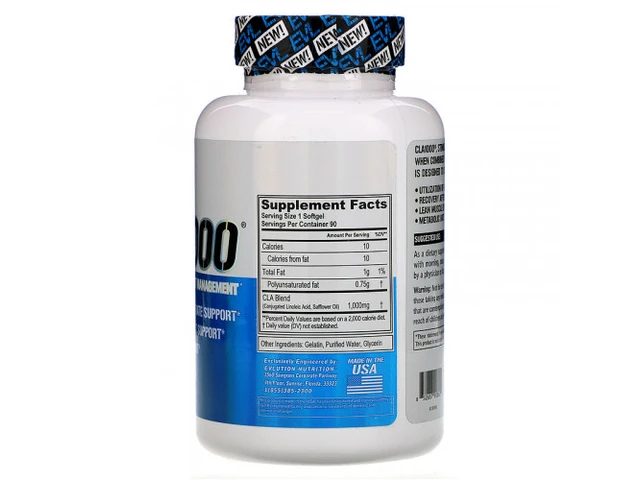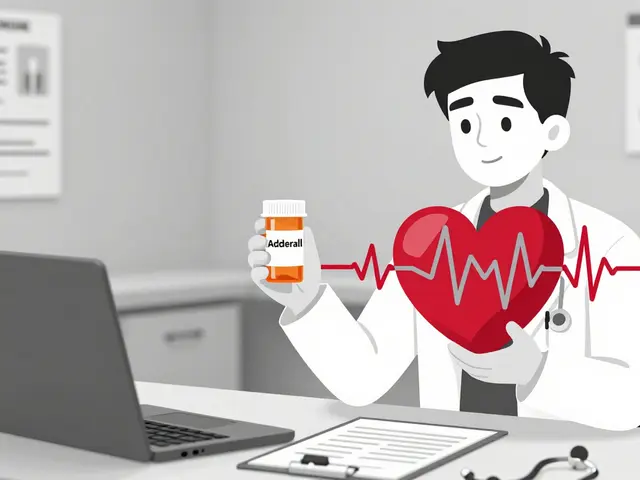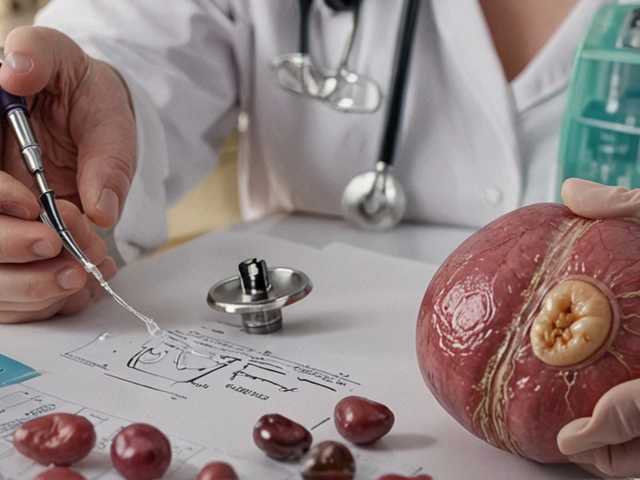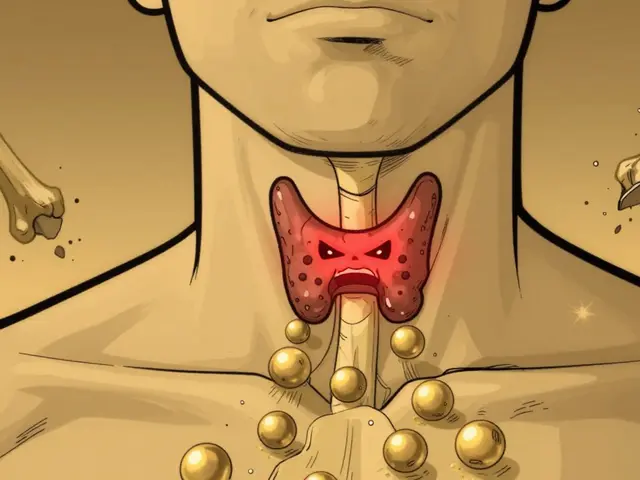Anemia: What It Is, How to Spot It, and How to Treat It
Feeling constantly tired, short of breath, or noticing pale skin? Those could be signs of anemia, a condition where your blood doesn’t carry enough oxygen. It’s more common than you think, and the good news is you can often fix it with a few simple steps.
Common Causes and Symptoms
There are several reasons your red blood cells might be low. The most frequent culprit is iron deficiency, especially if you skip iron‑rich foods or have heavy periods. Other causes include vitamin B12 or folate shortages, chronic diseases like kidney trouble, and blood loss from injuries or surgeries.
Typical symptoms show up gradually: fatigue, weakness, dizziness when you stand up, rapid heartbeat, and a craving for non‑food items like ice or dirt (a condition called pica). If you notice any of these, don’t brush them off—your body is trying to tell you something.
Treatment Options and When to See a Doctor
The first step is a blood test. Your doctor will check hemoglobin, hematocrit, and iron levels to pinpoint the exact type of anemia. Based on the results, treatment can range from dietary tweaks to prescription meds.
If iron deficiency is the issue, start with iron‑rich foods like lean red meat, beans, lentils, and dark leafy greens. Pair them with vitamin C (think oranges or bell peppers) to boost absorption. For many people, an over‑the‑counter iron supplement works, but it can cause stomach upset, so take it with food and avoid coffee or tea right after.
When B12 or folate is low, doctors may prescribe pills or injections. In cases linked to chronic illness, treating the underlying disease often improves anemia. Rarely, severe anemia needs blood transfusions or medication that stimulates red‑cell production.
Know when to act fast: if you feel faint, have chest pain, notice rapid breathing, or see dark stools, seek medical help immediately. These could signal a serious drop in oxygen delivery.
At OnlinePharmacyMD, we break down each medication and supplement so you can make informed choices. Whether you’re buying iron tablets, B12 capsules, or need advice on the right dosage, our guides help you navigate safe online pharmacies and avoid scams.
Bottom line: anemia is usually manageable with the right test, a balanced diet, and the proper supplement. Keep an eye on your energy levels, get a quick blood check if you suspect anything, and use trusted resources to guide your purchases. Your blood will thank you, and you’ll feel more like yourself again soon.
Uncovering the Link: Chronic Lymphocytic Leukemia and Anemia Explained
Chronic lymphocytic leukemia (CLL) and anemia often go hand in hand, confusing and worrying patients. This article breaks down how CLL causes anemia, why it matters, and what to watch for. You'll get the facts about how your blood changes, what symptoms to never ignore, expert-backed tips, and real-world advice for managing life with both these conditions. Whether you're newly diagnosed or supporting someone, this guide gives you clarity and confidence.






